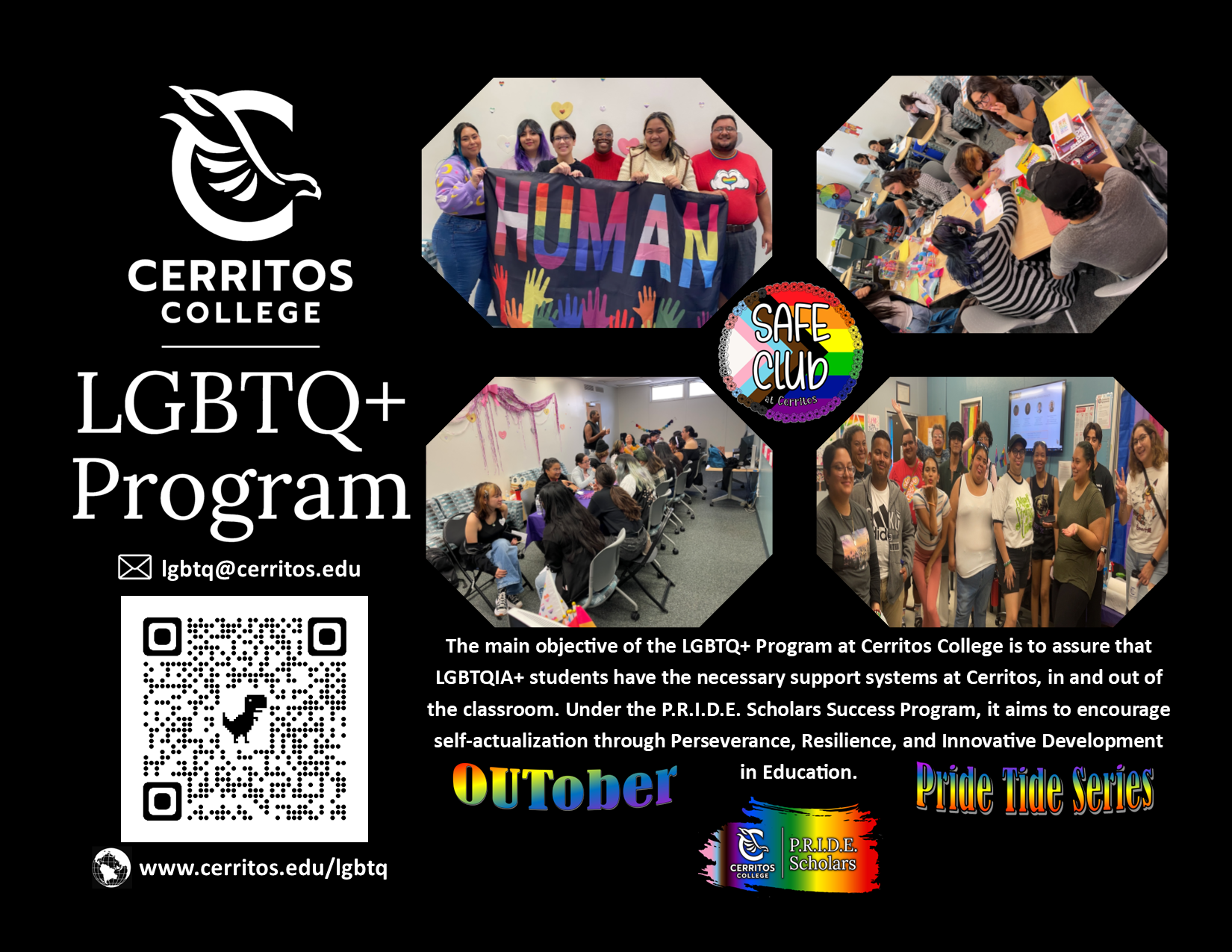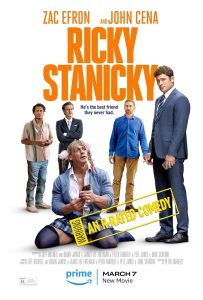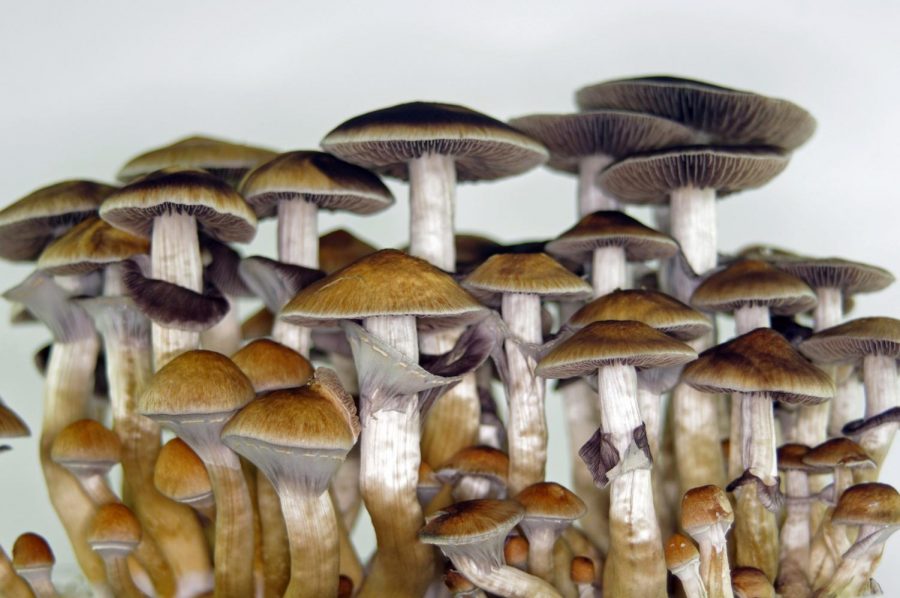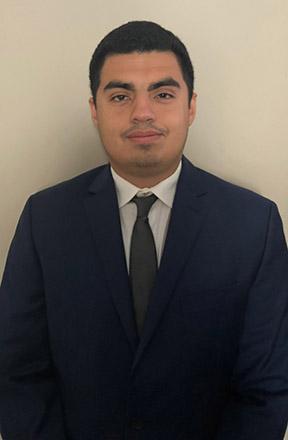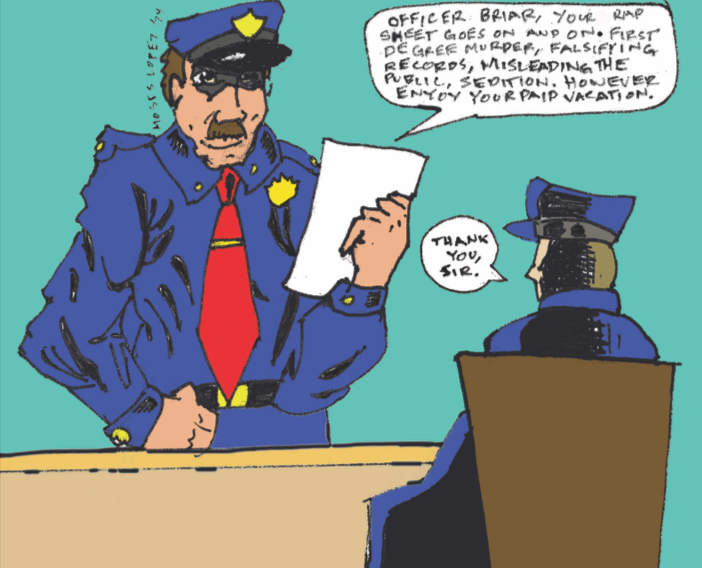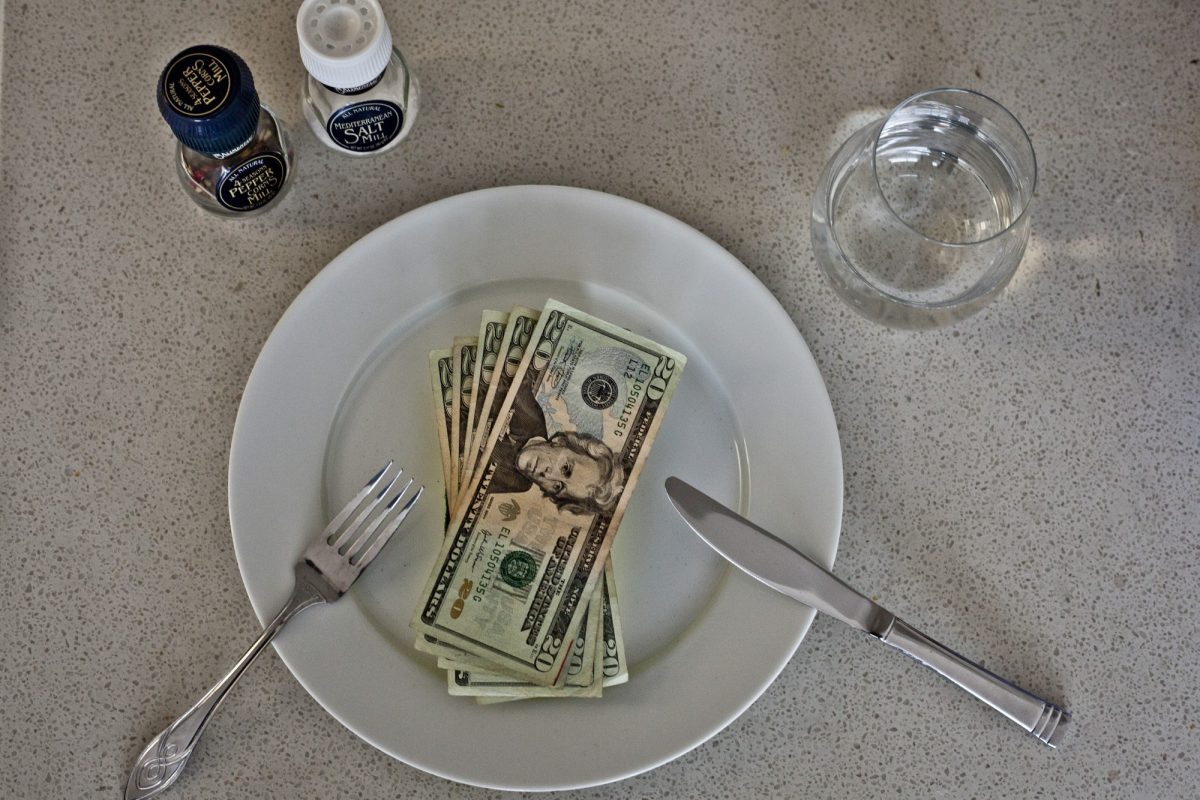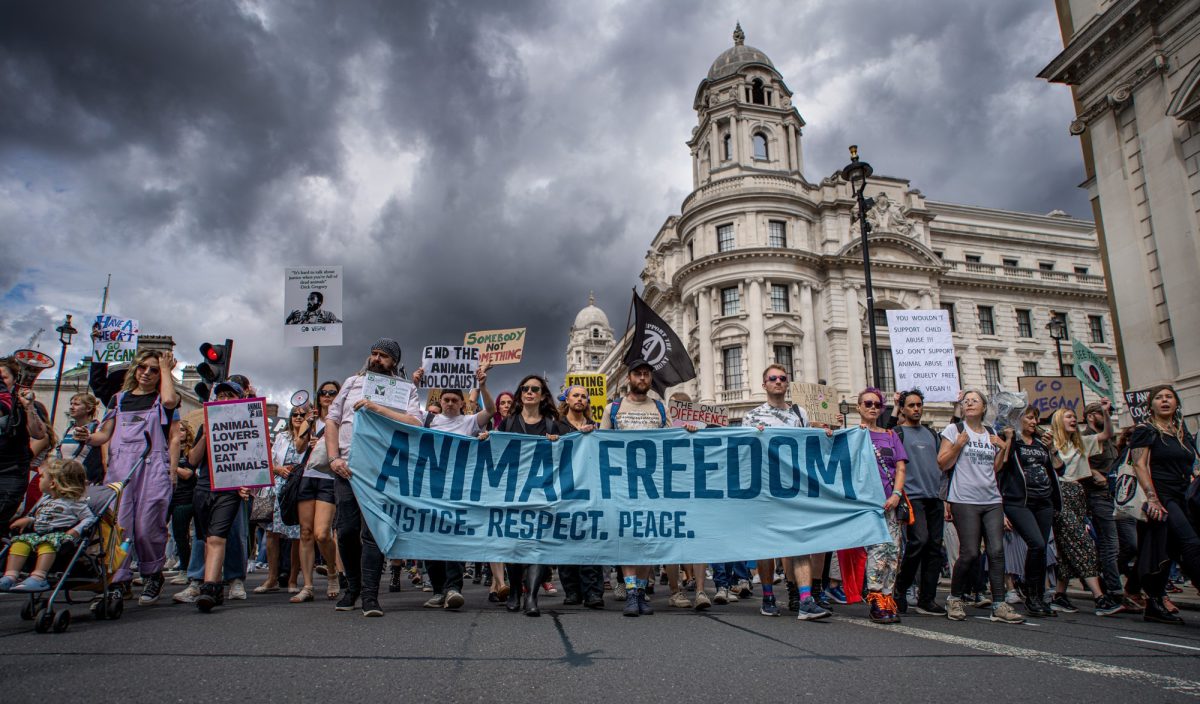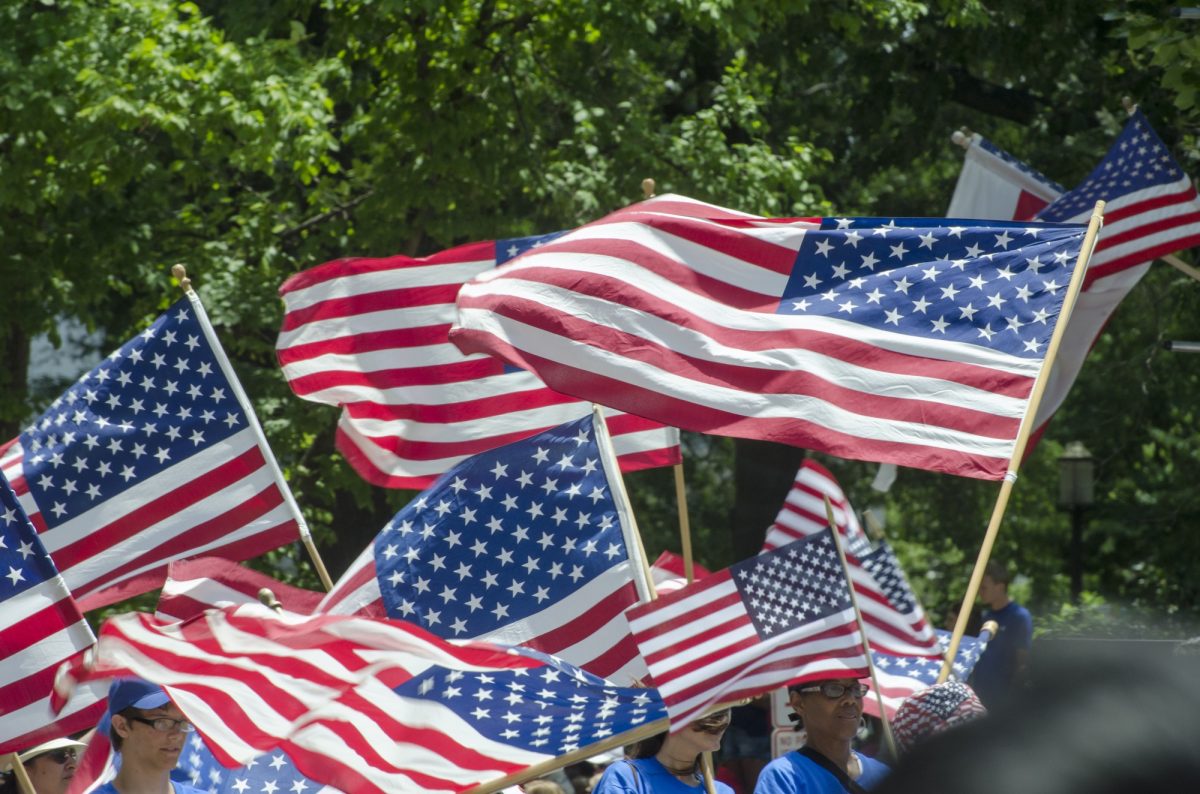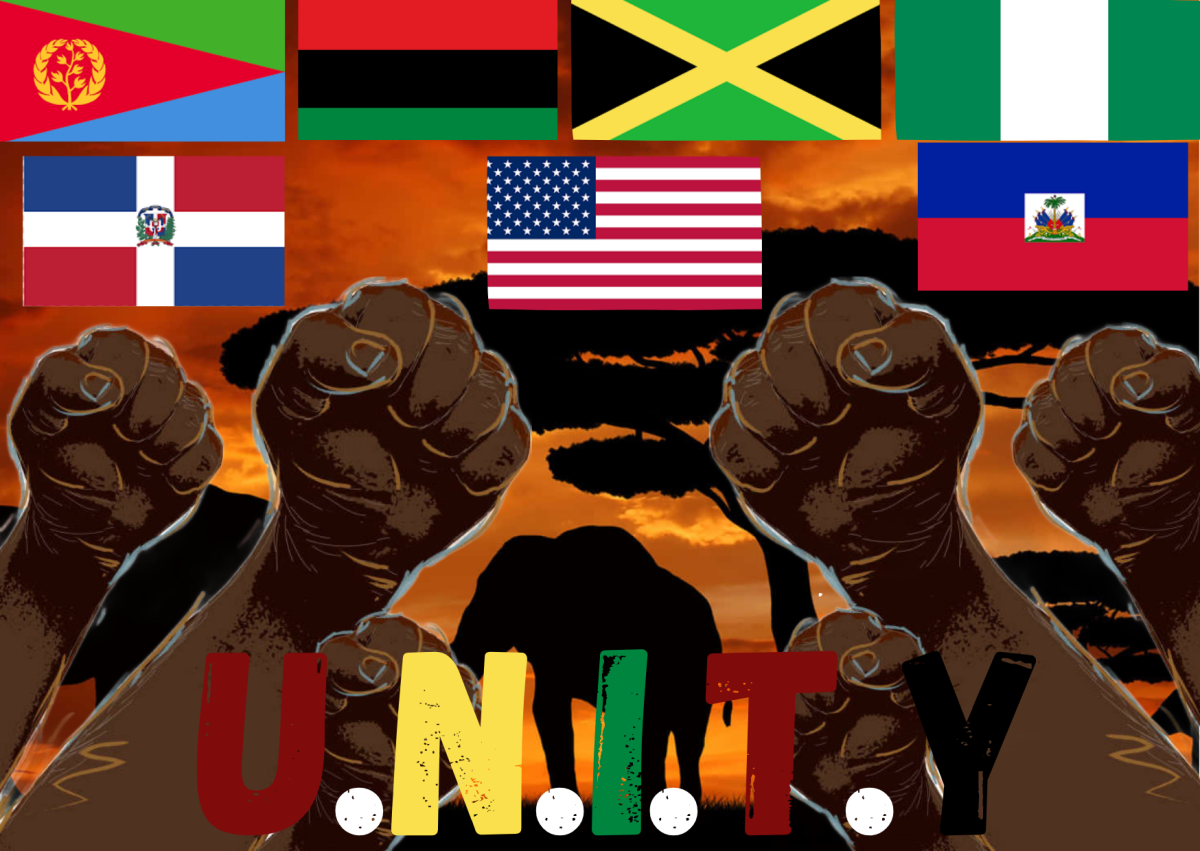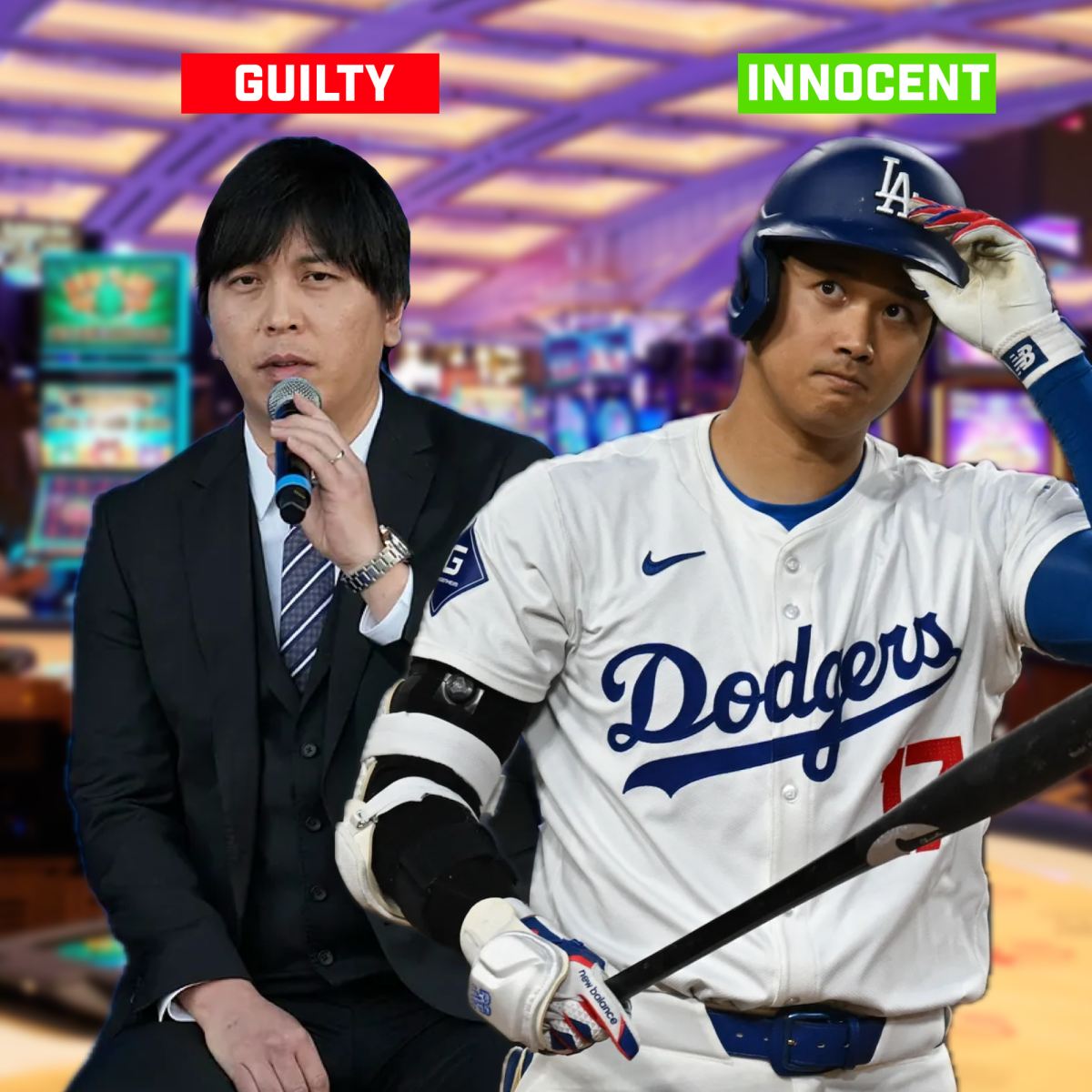Oregon voters just made history by becoming the first state in the U.S. to decriminalize personal possession of all drugs, and it’s about damn time.
This means people convicted of drug possession for personal use won’t receive jail time, but will instead be given a $100 fine or the choice to complete a health assessment at a recovery center. The state will also siphon their cannabis tax revenue into a new state grant fund dedicated to addiction treatment.
It’s time the United States accepts the fact that drug addiction (severe substance use disorder) is a brain disease, and people that suffer from it need help, not time behind bars. Addiction is treatable and rehabilitation makes it possible to rebuild lives, providing the means to prevent relapse.
According to The National Institute on Drug Abuse, people with addiction face stigmas from their communities or health care providers.
“People showing signs of acute intoxication or withdrawal symptoms are sometimes expelled from emergency rooms by staff fearful of their behavior or assuming they are only seeking drugs. People with addiction internalize this stigma, feeling shame and refusing to seek treatment as a result,” said Dr. Nora Volkow, director of the NIDA.
Since President Richard Nixon initiated the war on drugs in the 1960’s, the US has spent almost $1 trillion in a nationwide campaign that has been unsuccessful in curbing drug use or the drug trade. For decades, the answer to addiction was simply throwing people in prison. As the largest consumer of illegal drugs, it’s no wonder that the US also leads in the number of incarcerated individuals.
The drug war painted users as criminals, which hurt their chances of getting real treatment for their illness. If the war on drugs hadn’t stigmatized people with addiction, there might have been less people suffering from it today, not to mention decreased demand for illegal drugs nationwide.
What the drug war was effective at was ravaging communities of color with over policing, racial profiling and mass incarceration.
The war on drugs has left long-lasting, negative effects on communities of color, including disproportionate incarceration and voter disenfranchisement. Black people are almost 4 times more likely to be arrested for marijuana possession than whites, despite their using marijuana at similar rates.
Many states have voting restrictions on people who are on parole, probation and even post-sentence. According to the ACLU, more than ten states have disenfranchised over 20% of their male Black citizens. Today, out of the 2.3 million people incarcerated, 38% of the population is Black.
This unchecked racism rampant in our criminal justice system breathes life into the foregone institution of slavery.
Having 2.3 million people in prison isn’t cheap, in fact, mass incarceration charges taxpayers $80 billion a year according to the Bureau of Justice statistics. That figure doesn’t even include underlying costs that burden prisoners and their loved ones, who are billed for phone calls, emails and packages sent to prisoners.
Larger prison populations means larger payouts from American taxpayers, siphoning money that could be put towards education, healthcare, transportation or alternatives to incarceration.
Additionally, overloading jails and prisons comes with unforeseen consequences as we’ve seen with the Coronavirus pandemic. Prisons are so overcrowded that the spread was almost impossible to contain. Now local governments have to use more resources to find temporary holding facilities.
The decriminalization of drugs not only puts an end to the unnecessary spending and imprisonment of people who suffer from drug addiction, but also addresses the root cause of the drug problem in America.
We need to stop treating people suffering from drug addiction like criminals, and instead use the momentum of Oregon’s decriminalization to continue looking for alternatives to incarceration, whether it’s healthcare or community building programs. Dedicated support is critical in rehabilitation for those with drug addictions, so let’s emulate that support and finally reform the criminal injustice system.

